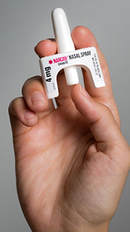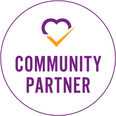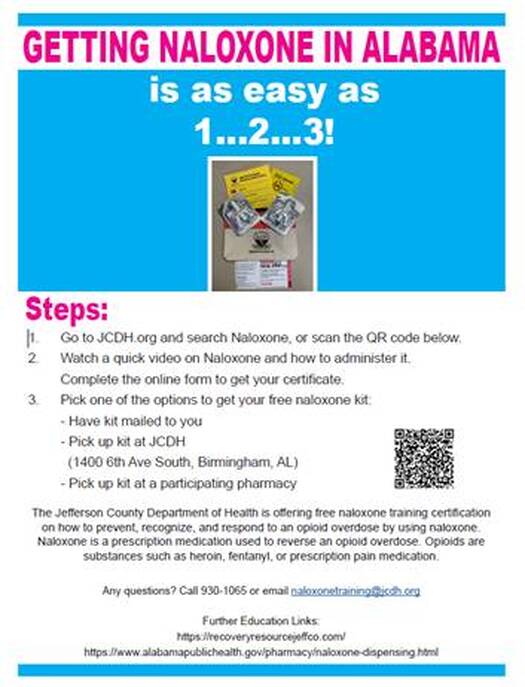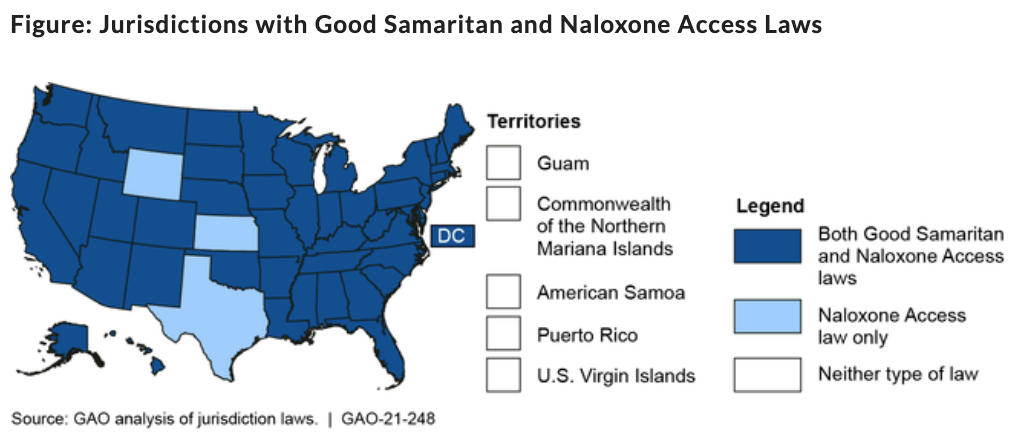What is NARCAN©/naloxone?
 Source: CVS.com
Source: CVS.com
Naloxone, sold under the brand name Narcan© , is a medication used to block the effects of opioids. It is an antidote for opioid overdose. In an overdose, opioids can cause difficulty breathing and sedation, potentially resulting in death. Naloxone is a medication that reverses these effects. Naloxone only works if opioids are present in the body and has no effect if they're not. It doesn't work on other drugs or alcohol. Naloxone usually takes effect in 3 to 5 minutes and lasts 60 to 90 minutes. Multiple doses may be required, as the duration of action of most opioids is greater than that of Naloxone.
Do I need a prescription to access NARCAN/Naloxone?
No. As of March 2023, the U.S. Food and Drug Administration (FDA) approved Narcan, 4 mg naloxone hydrochloride nasal spray for over-the-counter (OTC), nonprescription use. Narcan is the first naloxone product approved for use without a prescription. Naloxone is a medication that rapidly reverses the effects of opioid overdose and is the standard treatment for opioid overdose, according to FDA.gov.
Walgreens, Walmart and CVS currently offer OTC Narcan at locations nationwide. Rite Aid and other online retailers should have Narcan available OTC in September 2023.
Walgreens, Walmart and CVS currently offer OTC Narcan at locations nationwide. Rite Aid and other online retailers should have Narcan available OTC in September 2023.
Where can you get NARCAN?
Naloxone (Narcan©) is available utilizing the standing order in Alabama and can be obtained at pharmacies. Occasionally, through a relationship with UAB School of Medicine and Harrison School of Pharmacy at Auburn, NOMA has hosted these organizations to provide training for individuals on the use of NARCAN where they distributed naloxone kits. The naloxone has been made available through the Alabama Department of Health.
According to NARCAN.com, anyone can purchase NARCAN© Nasal Spray directly from most major pharmacy chains. It is also covered by most major insurance plans, according to Narcan.com. Put NARCAN© in an easily accessible place, tell your family and friends where it is, and learn how to use it.
Jefferson County Department of Health - Click HERE for a link to availability of Narcan© and the required training to receive it. They sometimes have an online training you can attend in order to receive Narcan in the mail.
Naloxoneforall.org - a website where you can request Narcan© be mailed to you if you are unable to locate it locally. This is a harm reduction organization that works to provide access to Narcan© to everyone. You are required to participate in an online training.
For more information and important links to Naloxone training and the Good Samaritan Law, visit Alabama Public Health.
According to NARCAN.com, anyone can purchase NARCAN© Nasal Spray directly from most major pharmacy chains. It is also covered by most major insurance plans, according to Narcan.com. Put NARCAN© in an easily accessible place, tell your family and friends where it is, and learn how to use it.
Jefferson County Department of Health - Click HERE for a link to availability of Narcan© and the required training to receive it. They sometimes have an online training you can attend in order to receive Narcan in the mail.
Naloxoneforall.org - a website where you can request Narcan© be mailed to you if you are unable to locate it locally. This is a harm reduction organization that works to provide access to Narcan© to everyone. You are required to participate in an online training.
For more information and important links to Naloxone training and the Good Samaritan Law, visit Alabama Public Health.
Good Samaritan Overdose Prevention Laws
Provisional data from CDC’s National Center for Health Statistics indicate that there were an estimated 100,306 drug overdose deaths in the United States during 12-month period ending in April 2021, an increase of 28.5% from the 78,056 deaths during the same period the year before. - CDC
The new data estimates overdose deaths from opioids increased 75,673 in the 12-month period ending in April 2021, up from 56,064 the year before.
The COVID-19 pandemic and rise of the synthetic opioid fentanyl are suspected reasons for the spike. According to the DEA, fentanyl is 80 - 100 times stronger than morphine.
The chance of surviving an overdose depends heavily on how quickly one receives medical assistance. Bystanders of an overdose may feel fear or anxiety in the event that someone around them is having an overdose. Do not let this fear keep you from saving a life. Forty-seven states and the District of Columbia have passed Good Samaritan Laws. HB208, better known as Alabama’s Good Samaritan Law, may provide legal protection to those acting in good faith to save someone’s life from an opioid overdose death. Read Alabama’s Good Samaritan Law to learn more:(HTTPS://WWW.ALABAMAPUBLICHEALTH.GOV/PHARMACY/ASSETS/HB208.PDF) -Sources: https://vitalalabama.com/project-freedom/good-samaritan/ DrugPolicy.org
The new data estimates overdose deaths from opioids increased 75,673 in the 12-month period ending in April 2021, up from 56,064 the year before.
The COVID-19 pandemic and rise of the synthetic opioid fentanyl are suspected reasons for the spike. According to the DEA, fentanyl is 80 - 100 times stronger than morphine.
The chance of surviving an overdose depends heavily on how quickly one receives medical assistance. Bystanders of an overdose may feel fear or anxiety in the event that someone around them is having an overdose. Do not let this fear keep you from saving a life. Forty-seven states and the District of Columbia have passed Good Samaritan Laws. HB208, better known as Alabama’s Good Samaritan Law, may provide legal protection to those acting in good faith to save someone’s life from an opioid overdose death. Read Alabama’s Good Samaritan Law to learn more:(HTTPS://WWW.ALABAMAPUBLICHEALTH.GOV/PHARMACY/ASSETS/HB208.PDF) -Sources: https://vitalalabama.com/project-freedom/good-samaritan/ DrugPolicy.org
Email Us at [email protected]
Or leave a message at: 256-384-5055

Not One More Alabama is proud to be a Community Partner with The Partnership to End Addiction , an organization that provides personalized support and resources to families impacted by addiction, while mobilizing policymakers, researchers and health care professionals to more effectively address addiction systemically on a national scale.
Not One More Alabama is a not-for-profit 501(c)(3) organization. Donations may be tax-deductible.
Our federal tax ID number is 61-1807663


